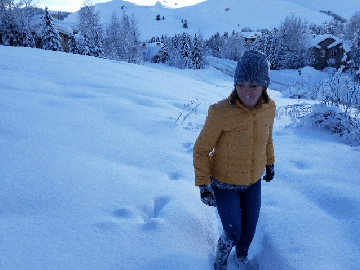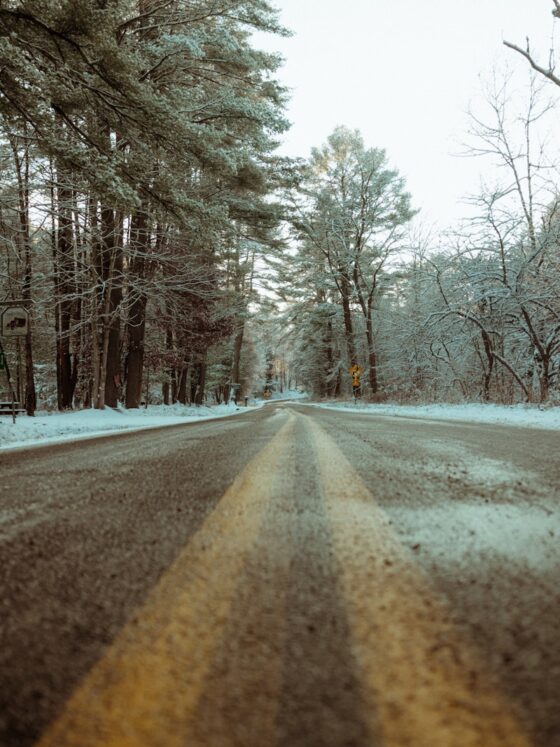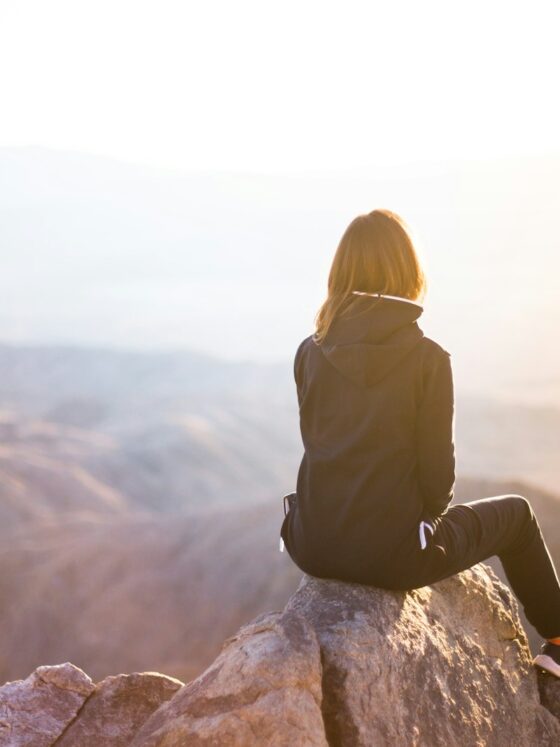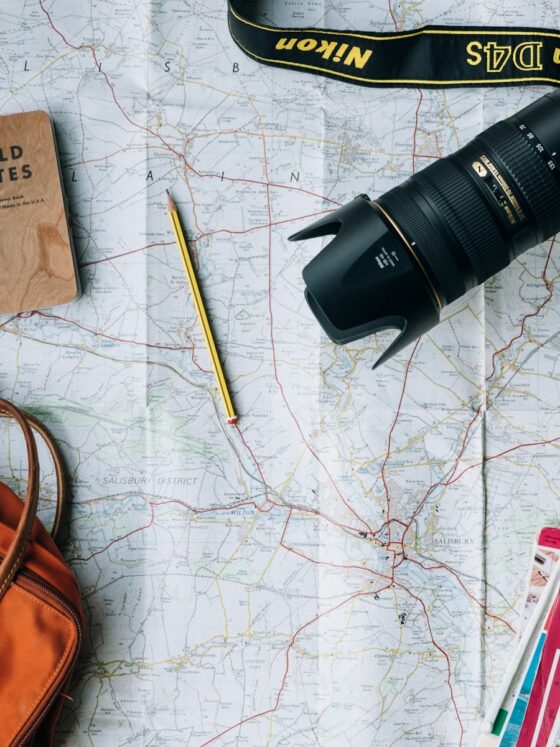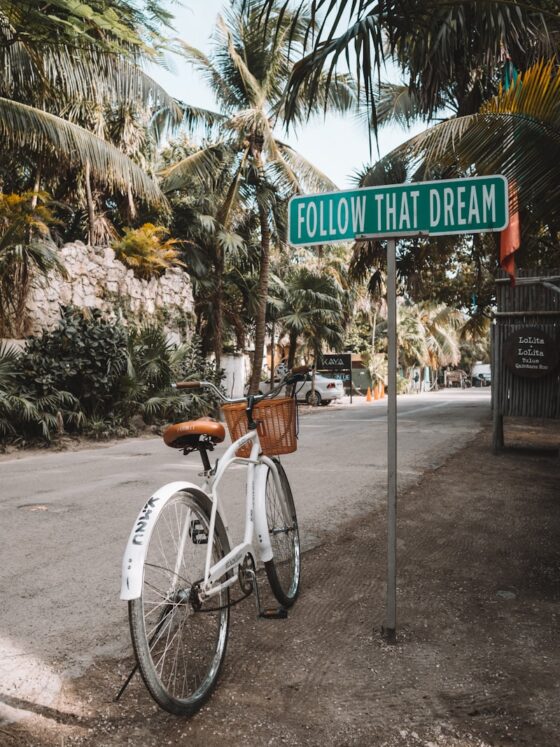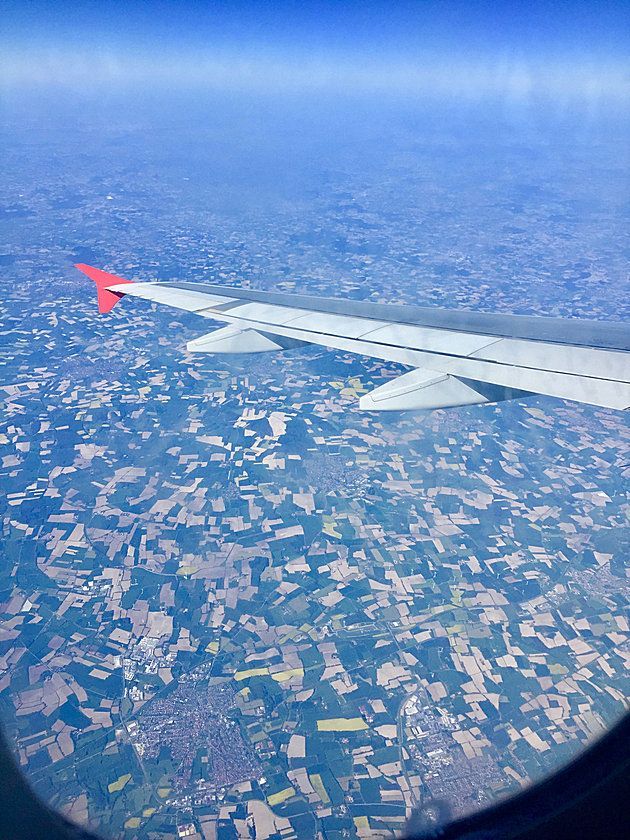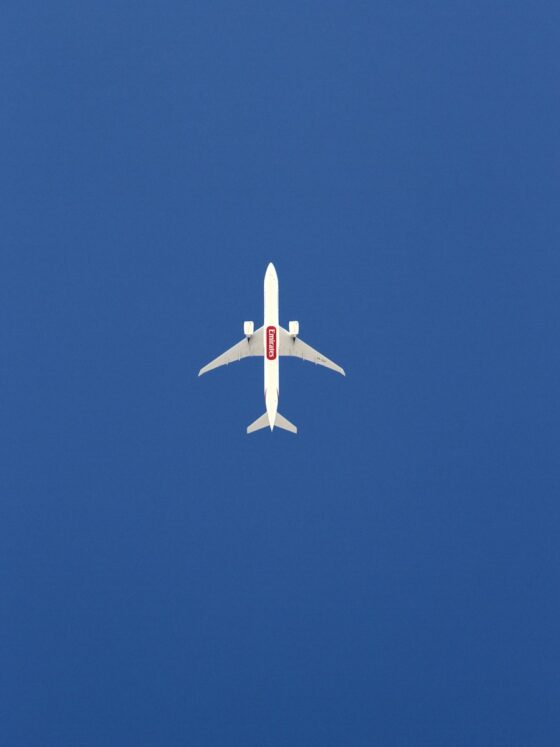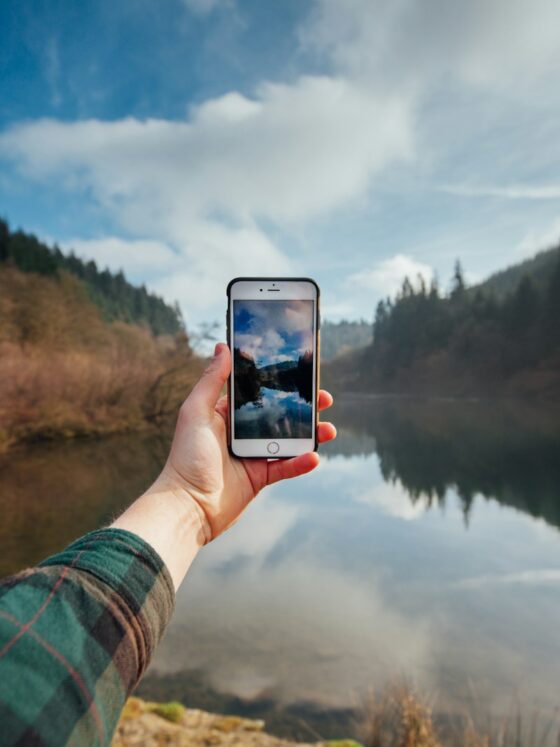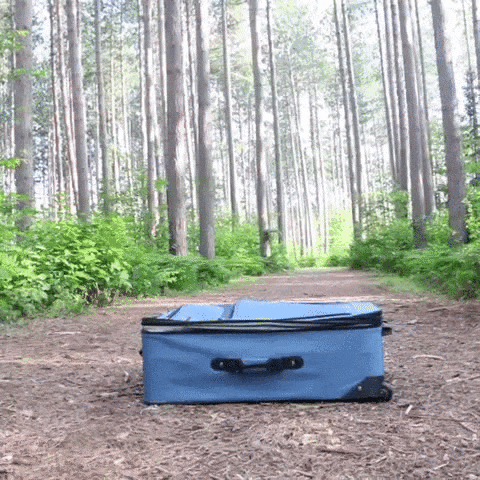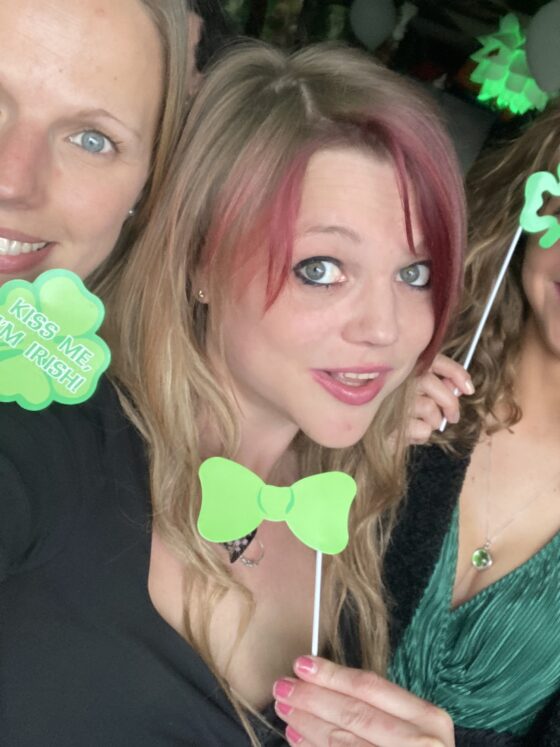First big trip coming up, with friends or a school group? Brilliant. Travel gives teens the kind of independence you can’t learn in a classroom. The best trips mix freedom with simple habits. These habits keep everyone safe, on time, and in the know. Think practical, not paranoid. The goal is confidence.
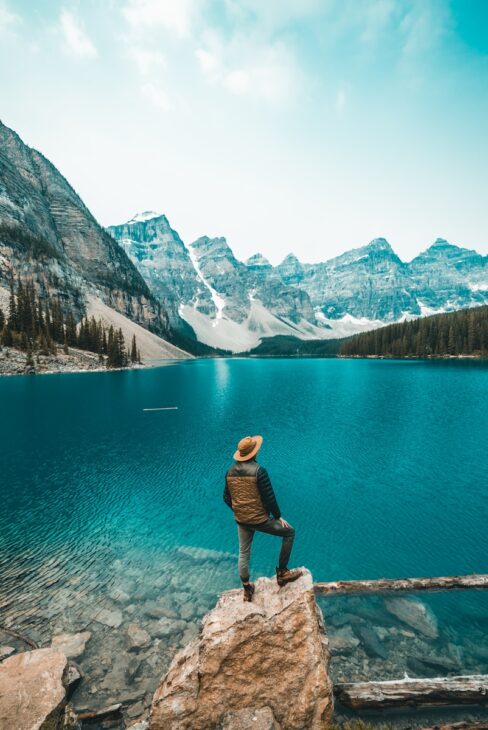
Before wheels up, do a low-stress prep session. Screenshot passports and tickets, then save them in a shared folder with your emergency contacts and accommodation details. Pack light, label chargers, and stash a small laundry bag so dirty clothes don’t take over your backpack. Build a tiny first-aid kit (plasters, pain relief, antihistamine, blister pads, any personal meds). If you want a pro checklist, this concise travel health kit guidance is a solid starting point.
Agree your ground rules early, not in the hotel lobby when people are hungry. Decide daily check-in times, a no-questions-asked “come get me” signal, and a buddy system for evening outings. Write them down in your notes app. If you’re travelling without parents, ask your group leader to review and save them too. Treat these shared guidelines as your safety & travel rules for teens, not as buzzkill rules but as the reason you get more freedom later. One calm conversation now saves ten frantic ones mid-trip.
Move like a local, not a lost tourist
Learn the transport basics on day one. Buy the day card that actually saves money, know which bus runs late, and stand near the driver on night routes. Keep your phone at chest level when following maps so you’re not screen-blind at crossings. In busy stations, unzip straps and carry your rucksack in front. If someone crowds you with a bracelet or a petition, step back, small smile, firm “no,” and keep moving. It sounds simple, and it works in crowded plazas from Lisbon to Bangkok.
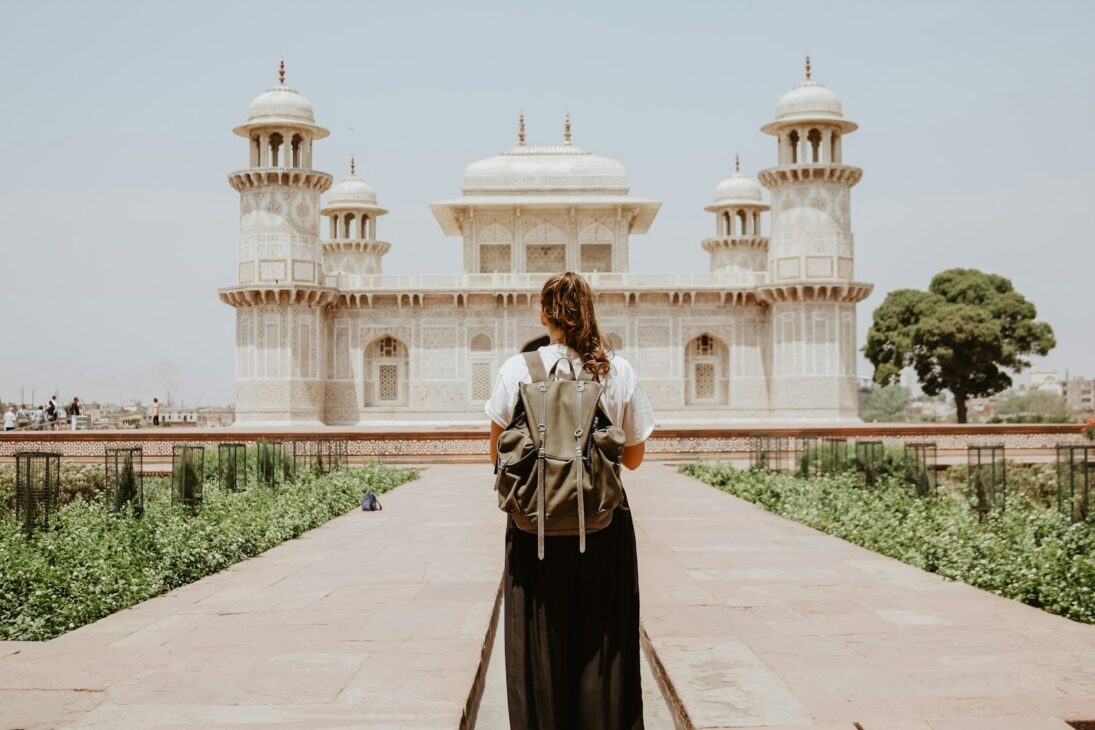
Pick meeting points that are obvious and fixed, like a landmark statue or ticket office, not “near the green sign.” Use a two-minute rule for separation: if you lose your buddy in a crowd, both of you return to the last agreed point within two minutes, no wandering. When routes change, drop a short message in your group chat before you set off, then again when you land at the new spot.
Money, documents, and the “three pockets” trick
Divide valuables so one mistake never ruins a day. Keep your passport locked in the hotel safe or zipped inside an inner pocket. Carry only the cash you’ll spend that day, plus one bank card. Hide a small backup note in a sock or book sleeve. Take a photo of the back of your card so you can freeze it fast if it disappears. Set your daily spend in notes and track it each night. Nothing drains confidence faster than running out of money on day four.
For payments, tap is king in most cities. Still, coins help with lockers, buses, and small street food stalls. Keep coins in a small zip pouch so you are not flashing your wallet in busy places. If you are splitting bills, one person pays and everyone transfers right away. No IOUs that drag on for days.
Phone habits that keep you in control
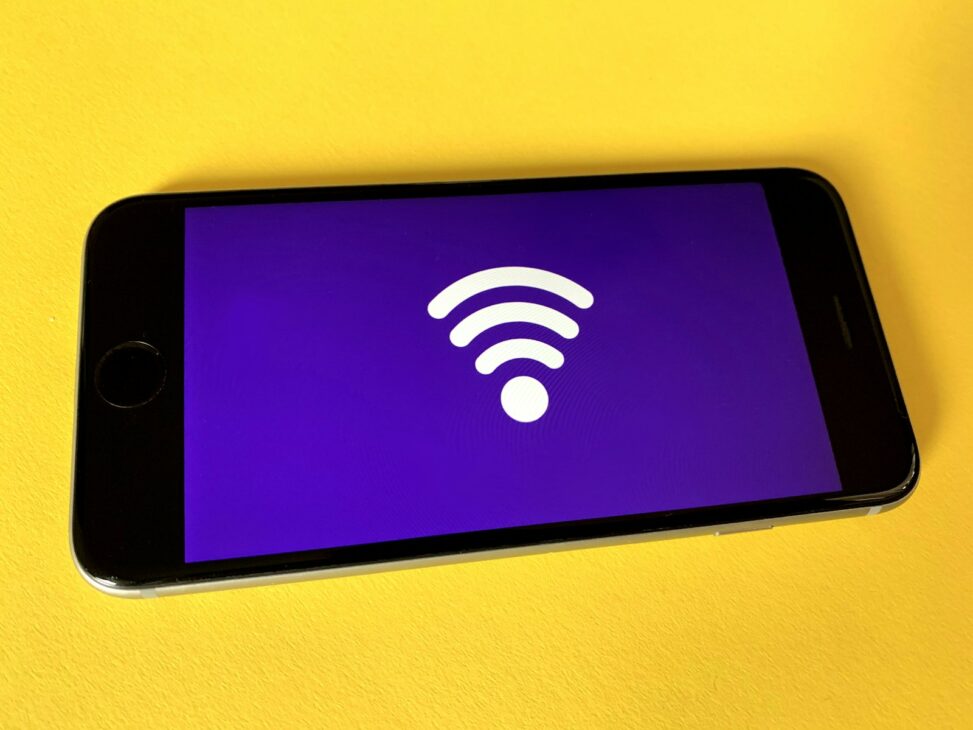
Your phone is your map, camera, translator, and lifeline. Treat it like kit. Keep a short cable and power bank in your daypack, and charge both every night. Turn off geotags in your camera, and avoid posting your exact location in real time. Share your live location only with your parent or group leader during agreed windows, not 24/7.
Use hotel Wi-Fi with a bit of caution, avoid signing in to random networks that pop up with misspelled names, and log out of public computers every time. If you need to ask for help, call the hotel front desk or the activity provider first. They usually solve things faster than an internet forum.
Food, water, and the non-negotiables
Hydrate early and often, especially on travel days. Carry a reusable bottle and refill at breakfast before you leave. Sun and city walking can add up faster than you think. Reapply sunscreen every two hours when you are outdoors, set a silent timer if that helps. If you have allergies, learn the key phrases in the local language and keep a card that explains them. Street food is part of the fun, just watch turnover and heat. Hot, busy stalls tend to be safer than sad, lukewarm trays.
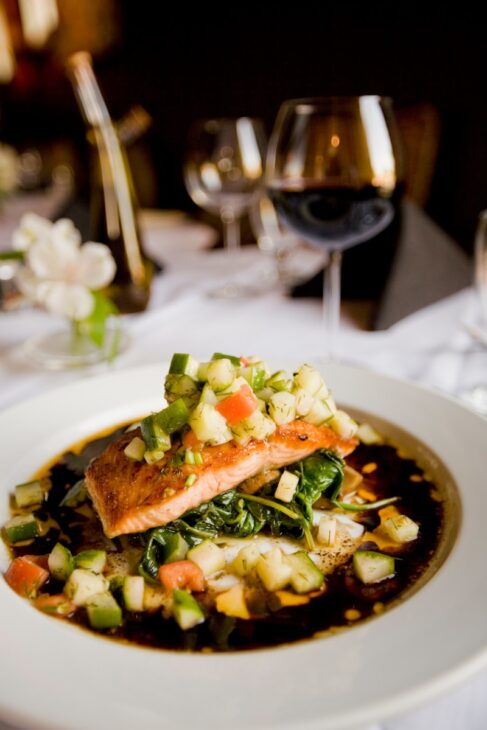
Street sense at gigs, games, and night markets
Public events are where good habits matter most. Agree your exit point before you dive into a crowd. Keep your phone in a zipped pocket, not back jeans where it can be lifted in seconds. If you feel pressure to drink or do something you don’t want, use the pre-agreed “red phrase” with your buddy, something ordinary like “I promised to call my cousin.” It tells them to move you out without asking why on the spot. If anyone is in trouble, alert venue staff. You do not need to handle everything yourself.
Independence with structure
Freedom grows when adults trust your plan. That means clear boundaries, reliable check-ins, and proof you can handle curveballs. A helpful overview of expectations and common friction points is captured in these practical tips for traveling with teens, which emphasise planning together and giving age-appropriate independence.
Build that trust at home by running a trial: an afternoon in your nearest big city where you plan the route, the food stop, and the budget. Debrief what worked, fix what didn’t, then apply it on the real trip.
If something goes off-script
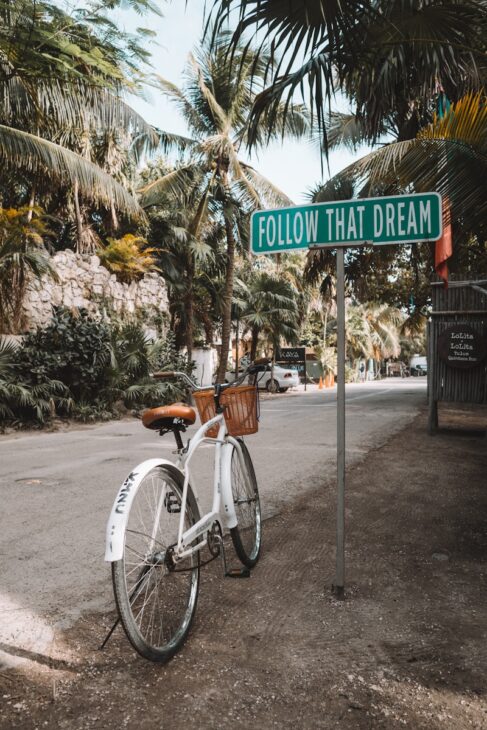
It will, and that is normal. Miss a train, spill a drink on your T-shirt, get the wrong platform. Take a breath, message your group leader or parent with three points: what happened, where you are, what you plan to do next. Staff at stations, museums, and hotels are trained to help. Ask them first. Keep local emergency numbers saved in your phone notes with the hotel’s contact and address written the way locals would say it.
The energy you bring
Polite goes far. Learn five local words, say them often, and you’ll be surprised how doors open. Respect quiet hours, dress codes in places of worship, and the queues that locals actually use. Thank drivers and café staff. You’re representing yourself and your group. Good vibes get you good vibes back.
The bottom line
Travel can be the best crash course in real-world skills. Plan with care, carry yourself with awareness, and keep your people in the loop. You will make small mistakes, then fix them, and that’s where the confidence comes from. The win is not a perfect itinerary. It’s coming home proud, with stories you can’t wait to tell, and the know-how to make the next adventure even better.



